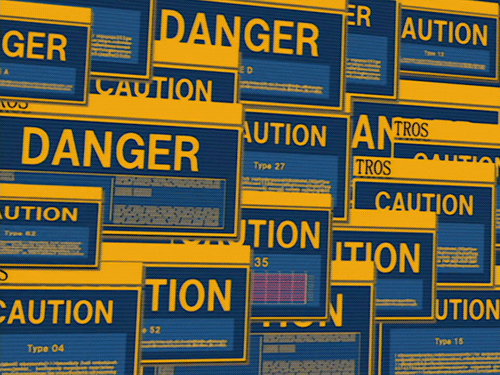Why does code integrity matter?
Code integrity refers to a system, method, or set of protocols to ensure that code is protected from alteration, manipulation, or unauthorized access and maintains its original and correct state throughout its lifecycle. Code integrity is the mixture of applying software quality and code correctness processes along with metrics that measure the completeness of these correctness-checking processes, such as code coverage and integration testing. An example of a code integrity system is Microsoft’s Code Integrity tool in the Windows Operating System, which is a threat protection feature that checks the drivers and system files on your device for signs of corruption or malicious software.
Code integrity is crucial to reliable software and should not be taken lightly. In this article, let’s explore why code integrity matters.
Why does code integrity matter?
1. Security
One of the key and fundamental roles of code integrity is to ensure the software and the system it’s running on are secure from malicious actors and unauthorized access. In this age where data breaches, zero-day hacks, and ransomware have become commonplace, code integrity is crucial in reducing the software’s attack surface. This is because breaches in software have harmful consequences for the organization delivering the software and the individuals involved. These negative results include the loss of substantial amounts of money and identity theft, leading to seriously detrimental security issues like terrorism, murders, bullying, and increased suicide rates.

2. Intellectual Property Protection
For most organizations and software companies, the software source code is a very important property, just like land, and is guarded heavily, physically and digitally, by various laws and regulations. Due to this critical factor, code integrity checks and verification are of key importance to ensure the codebase is secure and maintainable as an intellectual property. Theft or interference would result in significant problems since most of this software runs our current world, from learning to military operations to space exploration.
3. Data Privacy and Integrity
It has been dubbed in the recent past that “Data is the new Oil” and has become synonymous with the financial and security success of most organizations, countries, and individuals. Code integrity verification is critical in ensuring data is maintained securely from unauthorized access and modifications. Furthermore, some data is so valuable that it’s pretty impossible to get it back once it is corrupted. Think of losing the data from the Hubble Telescope or the Mass Rover. Such an action would set human knowledge of the universe for centuries. Code integrity becomes vital as it safeguards critical data from accidental or intentional corruption and loss.
4. User Trust
Perhaps one of the critical issues that individuals are concerned primarily about in the current times is the security of their information, which has become more and more accessible due to the heavy adoption of the internet and global digitization. When software is compromised, people lose trust in the system, and as it is said, “Trust once broken is extremely hard to regain.”

Furthermore, security issues like ransomware block people from their personal data, which creates a cascade of negative repercussions like loss of life, bankruptcy, and degraded quality of life. Poor code integrity results in a loss of customer trust and, consequently, a poor reputation for the organization.
5. Compliance
Governments and trading blocs worldwide have created laws governing digital access to their citizens and the citizen’s data. These laws range from preventing minors to extreme content like pornography to how businesses should handle the personal data of individuals. Code integrity matters very much as it enables software compliance to set regulations and industry standards and ensures that any fallout from a breach is handled efficiently.
6. Quality Assurance and Software Reliability
On the side of the software developers and the organization, code integrity matters as it allows the teams, including QA, to have complete assurance of the reliability of the software before pushing it to production. These help developers manage and handle software issues way before they reach the end customer. This makes the software code maintainable since identifying and addressing issues related to code integrity early in the development cycle reduces the cost and effort required to fix issues discovered later in production.
Conclusion
In conclusion, code integrity matters in software development as it determines the software’s security, reliability, and overall quality. Code integrity protects both the users and the organizations from a multitude of risks, including security breaches, data corruption, and loss of trust, and it is indispensable for compliance with industry standards and legal regulations. In this light, organizations can and should safeguard their assets, reputation, and users by investing in robust processes, tools, and training to uphold code integrity.
